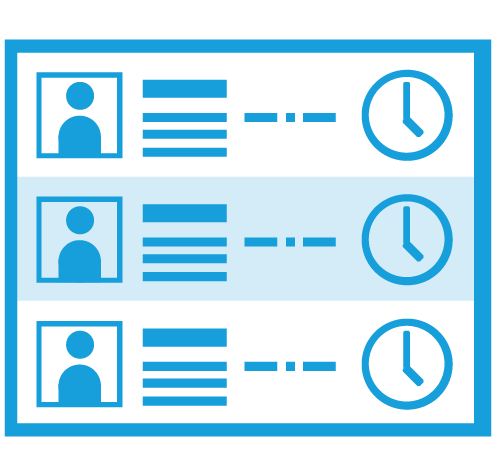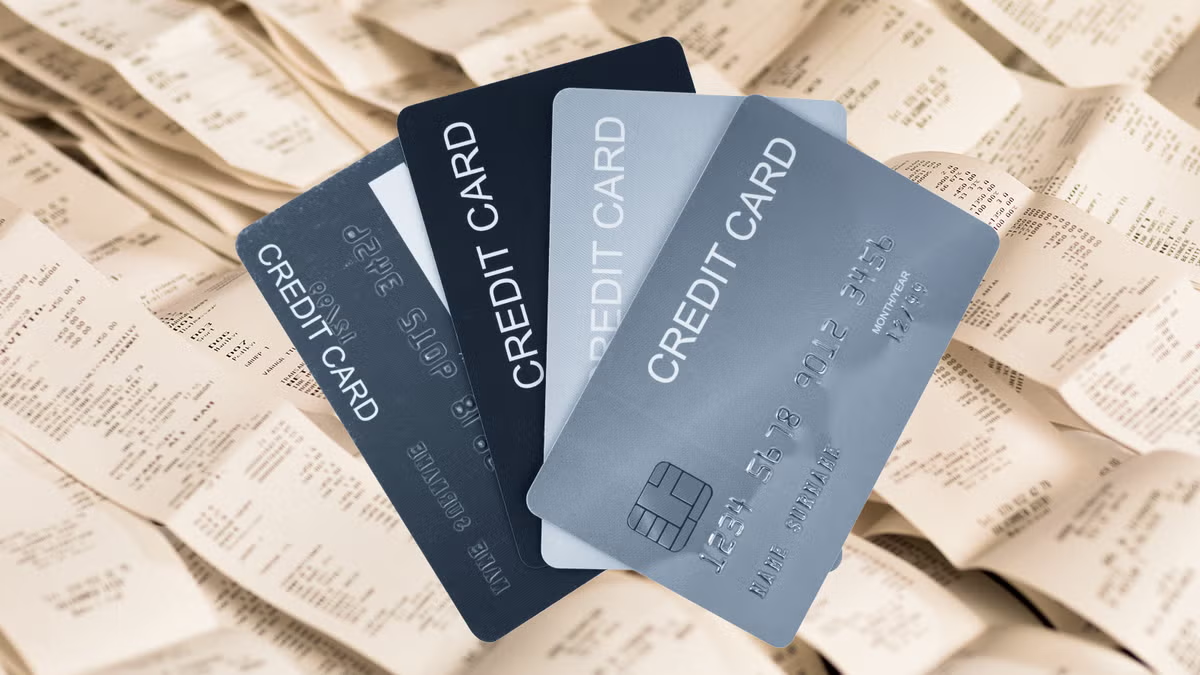Credit card surcharges have become a hot topic in the restaurant industry, especially as businesses grapple with high processing fees and inflation. While these surcharges offer a way for restaurant owners to offset costs, they also come with compliance rules, customer concerns, and legal considerations. For restaurateurs and managers in states like Missouri and Illinois, understanding the nuances of credit card surcharges is essential for making informed decisions.
This comprehensive guide will walk you through what credit card surcharges are, who enforces their compliance, the potential penalties for noncompliance, and the current regulations in Missouri and Illinois.
What is a Credit Card Surcharge?
A credit card surcharge, often referred to as a “checkout fee,” is an additional amount charged to customers who choose to pay with a credit card. This fee is implemented by merchants to recover the costs associated with credit card processing fees, which typically range from 2% to 4% of the transaction amount.
For restaurants, these fees can add up quickly. By implementing a surcharge, business owners aim to pass these costs onto customers rather than absorbing them directly. It’s a strategy that can help sustain profitability without significantly raising menu prices.
However, surcharging has its limitations. According to Visa’s guidelines, these fees must not exceed either 3% of the total bill or the merchant’s actual transaction costs—whichever is lower. Additionally, merchants are prohibited from charging surcharges on debit cards, even if processed as credit.
Who Enforces Compliance?
Credit card surcharges are subject to both state and federal regulations, as well as to rules set by card networks like Visa and Mastercard.
Visa, for example, enforces strict guidelines for surcharges and actively monitors merchants through measures like “mystery shopping.” Merchants found violating these rules can face hefty fines. For instance, Visa imposes penalties for setting surcharges above the allowable cap or for charging them on debit cards.
At the state level, compliance is enforced through laws that vary widely. Some states, like California and Massachusetts, prohibit surcharges entirely, while others, such as Missouri and Illinois, allow them under certain conditions. Restaurateurs must be diligent in understanding and adhering to the laws in their respective states to avoid costly penalties.
Penalties for Noncompliance
Failing to comply with surcharge regulations can result in serious consequences. Card networks like Visa may impose fines ranging from hundreds to thousands of dollars for each violation. For example:
- Immediate fines are levied if surcharge caps are exceeded.
- Recurring violations can incur larger penalties over time.
- Noncompliance with state disclosure requirements may lead to legal action or regulatory scrutiny.
These fines underscore the importance of staying informed and adhering to all relevant laws and network rules. Restauranteurs can consult with payment processing experts and legal advisors to ensure compliance.
Current Rules and Regulations in Missouri & Illinois
Understanding state-specific regulations is critical for restaurateurs in Missouri and Illinois. Here’s a closer look at what’s allowed in each state:
Missouri
- Surcharging is Legal: Merchants in Missouri may impose credit card surcharges, as long as they comply with federal laws and card network regulations.
- Disclosure Requirements: Merchants must clearly notify customers about the surcharge before the transaction is completed. This includes clear signage at the point of entry or sale and an itemized surcharge amount on receipts.
- Surcharge Cap: The surcharge cannot exceed 3% or the merchant’s actual processing cost, whichever is lower, as per federal rules.
Illinois
- Surcharging is Legal: Merchants in Illinois are also allowed to charge credit card surcharges. However, they must follow specific state laws governing payment transparency.
- Signage Rules: Businesses must provide conspicuous signage disclosing the surcharge and its amount to customers. Failing to provide adequate notice can result in fines or complaints.
- Exemptions: Illinois introduced new rules effective July 2025, prohibiting interchange fees on gratuity and taxes if communicated to the acquiring bank. This helps further protect customers.
Why Some Restaurants Opt for Surcharges
Implementing credit card surcharges offers several potential benefits for restaurants:
- Cost Savings: Surcharges help mitigate the financial impact of processing fees, allowing restaurants to allocate savings to improve operations or employee benefits.
- Transparency: By clearly communicating a surcharge policy, restaurants can retain customer trust while managing costs.
- Encourage Alternative Payments: Offering discounts for cash or debit payments can encourage customers to choose payment methods with lower fees.
However, There Are Challenges
- Customer Pushback: Some diners may view surcharges as unfair, especially if they were not informed beforehand.
- Legal Constraints: Noncompliance with state or card network rules could expose restaurants to fines or lawsuits.
- Complex Implementation: Adding and monitoring surcharges requires investment in POS system capabilities and staff training
Final Thoughts
Credit card surcharges are both a practical and controversial way for restaurants to offset rising processing fees. For restaurateurs in Missouri and Illinois, understanding the rules and implementing surcharges transparently can lead to significant cost savings.
Before making a decision, weigh the benefits against the potential for customer dissatisfaction, and consult legal and financial experts to ensure your restaurant remains compliant. Be sure to check out the Benefits of a Dual Pricing or Cash Discount program over a surcharge HERE!



















Sign Up for our Newsletter